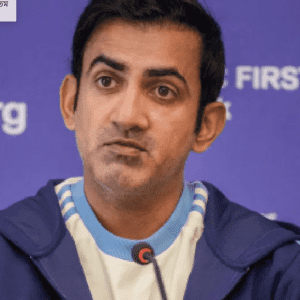In the rapidly evolving landscape of Artificial Intelligence, a significant hurdle has always been the phenomenon known as “catastrophic forgetting.” This occurs when an AI model, trained on new information, tends to forget previously learned knowledge. Imagine a student who, upon learning a new chapter, completely forgets everything from the previous ones. Google AI has announced a major stride in overcoming this challenge with its new approach to “continual learning,” promising a future where AI models grow smarter over time without losing their past wisdom.
Traditional AI models often undergo distinct training phases. Once a model is trained on a dataset and deployed, updating it with new data typically requires retraining the entire model or a significant portion of it. This process is not only resource-intensive but also prone to catastrophic forgetting, where the new learning overwrites or corrupts the old. This limitation has been a bottleneck for AI applications that require constant adaptation and evolution in dynamic environments.
Google’s innovative method focuses on allowing AI models to learn new tasks and information incrementally, much like humans do. Instead of seeing new data as a replacement for old knowledge, the AI is designed to integrate it seamlessly, building upon its existing understanding. This “continual learning” capability is crucial for developing more robust and versatile AI systems that can adapt to real-world complexities without constant manual intervention or expensive overhauls.
The implications of this breakthrough are vast. For instance, in areas like natural language processing, an AI model could continuously learn new vocabulary, slang, and evolving linguistic patterns without forgetting grammar rules or historical context. In robotics, a robot could learn new manipulation skills or navigation routes without erasing its existing operational knowledge. This paves the way for AI agents that are truly adaptive and can function effectively in ever-changing scenarios.
This advancement suggests a move towards truly “living” AI models that learn and evolve throughout their operational lifespan. Instead of being static entities, they will be dynamic, constantly absorbing new information and refining their intelligence. While the full impact of this research will unfold over time, it marks a pivotal moment in the quest for more intelligent, efficient, and resilient AI systems. Google’s work on continual learning brings us closer to an AI that genuinely accumulates knowledge, mirroring the continuous learning process observed in biological intelligence.







